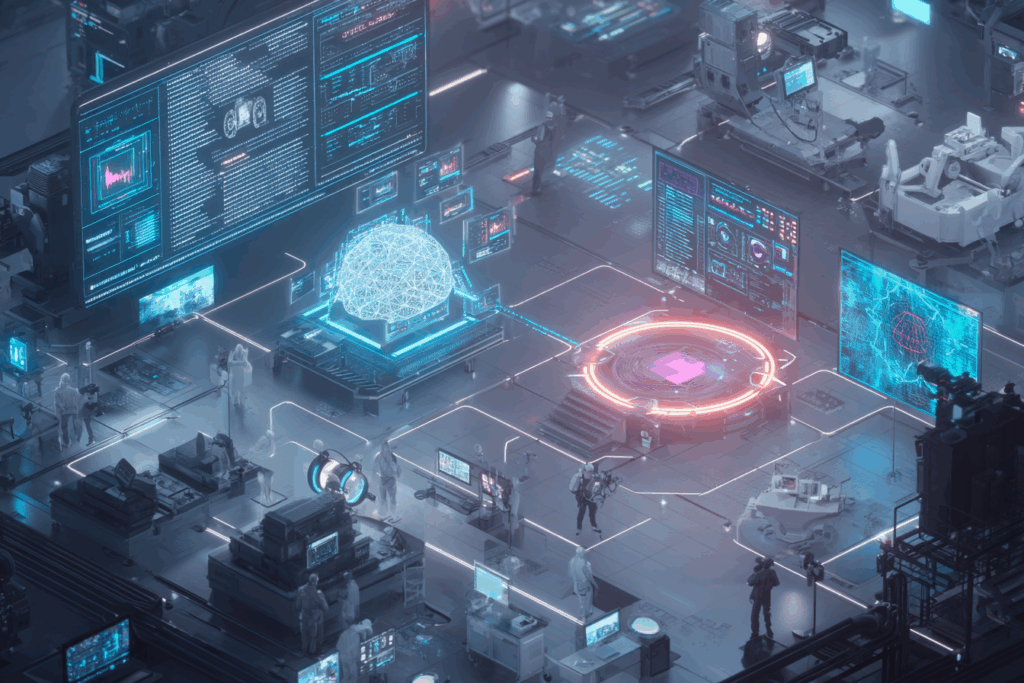
AI Revolutionizes Filmmaking with Generative Technology
The filmmaking industry is experiencing significant changes due to the rapid advancement of generative AI. Once confined to special effects or minor post-production edits, AI now facilitates the creation, development, and production of content at all stages, from initial scriptwriting to producing full-length, Hollywood-quality films on an indie microbudget.
This development promises to address long-standing issues in cinema, such as the lack of truly original stories and an overemphasis on established franchises. At the heart of any compelling film is a story, and generative AI is becoming a powerful tool for screenwriters. Platforms like Saga utilize state-of-the-art Large Language Models, including OpenAI’s GPT-4, to generate and manipulate content suggestions for scripts, dialogue, and scene descriptions.
AI serves as a tool to overcome creative blocks and allows writers to put their ideas on paper. Screenwriter Paul Schrader noted that AI can provide 'good, original, and fleshed out' ideas in seconds. AI should be used as an accelerator and co-production partner, supporting writers rather than hindering them. Saga operates on a 'film school framework,' guiding AI to deliver more targeted and coherent results.
Generative AI is also transforming the visual aspects of filmmaking, from storyboarding to complex VFX. AI image tools like OpenAI DALL-E 3 are employed to create visual content for storyboards. Saga allows users to create detailed storyboards by selecting common shot types and camera angles, ensuring visual consistency across shots.
AI extends to audio as well, with models like ElevenLabs Multilingual v2 for voice and Suno v4 for music. The economic impact of AI on filmmaking is substantial, as traditional film production costs can run into hundreds of millions of dollars. AI drastically changes these economics, enabling faster and more cost-effective production.
The development of AI in filmmaking raises ethical issues, including job displacement, intellectual property rights, and audience experience impact. Despite concerns, AI is seen as a tool to empower filmmakers and democratize the industry, allowing creators to produce original content by removing traditional barriers.

